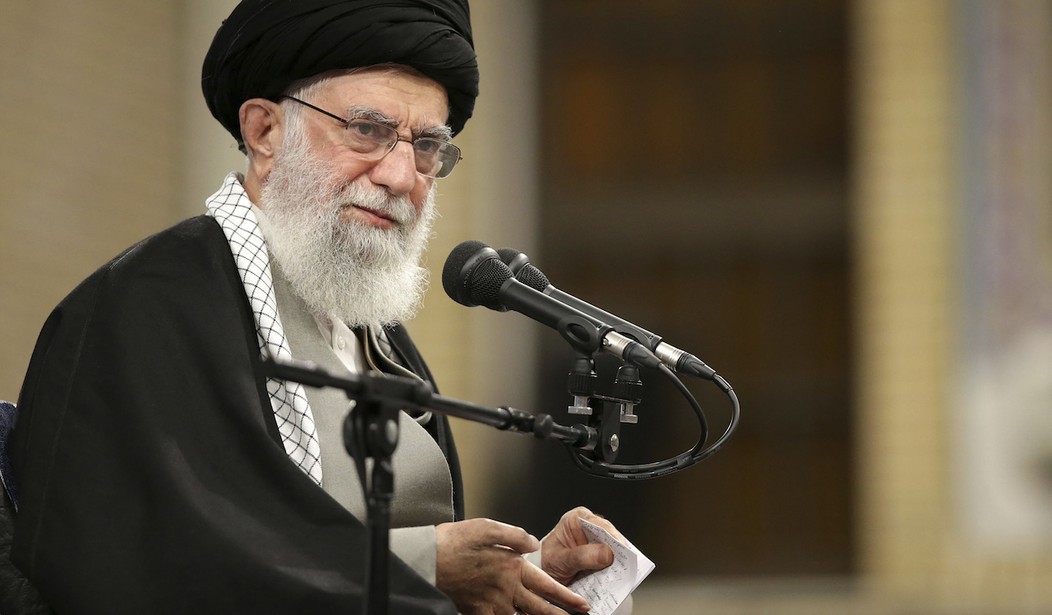Perhaps one optimistic sign that 2021 will be a better year than 2020 is that the process for holding one of the most brutal authoritarian regimes in the world accountable will finally begin.
In early 2021, a Swedish court will prosecute Hamid Noury, a former torturer in Tehran’s notorious Gohardasht Prison, near Tehran. He is accused of committing crimes against humanity in the late 1980s, resulting in the massacre of at least 30,000 political prisoners.
Nour was arrested in Sweden in November 2019 while visiting the country.
The case is historic and unprecedented since Noury is the first Iranian regime official to face legal consequences for his involvement in what has been called the “worst crime of the Islamic Republic” – the 1988 massacre.
The overwhelming majority of the victims were members of the leading opposition group, the Mujahedin-e Khalq (MEK), an organization that has fought for the establishment of democracy in Iran since the 1960s. Continuing to express support for the MEK while in prison was considered sufficient grounds for execution. Verdicts were issued during kangaroo courts that lasted only a few minutes. Following the horrific mass executions, groups of victims were hastily buried in secret mass graves.
As the death sentences were handed down in droves during a few short months, Noury was reportedly responsible for leading prisoners to the gallows, and for executing some of them personally.
Recommended
In a landmark report in 2018, Amnesty International underscored why three decades later the mullahs have gone out of their way to prevent any international investigation into this crime against humanity.
Noury appears to be a prime example of the regime’s tendency to reward the most ruthless of its operatives. By some accounts, he was personally promoted by the regime’s founder Khomeini after demonstrating prowess as a torturer and interrogator early in his career. That promotion placed Noury in direct relationship to the “death commissions” that had been established to massacre political prisoners based on Khomeini's fatwa (religious edict).
After Noury's arrest in Sweden, several former political prisoners who were incarcerated for their activism for the MEK and miraculously survived the massacre, testified to judicial authorities in Sweden in person or via video conference from January to December 2020. Many had personally witnessed Noury's role in the torture, execution and repression of political prisoners.
One cannot overstate the significance of convicting this ruthless executioner and thereby bringing some semblance of justice for the victims’ family members who have been pushing for accountability over the course of three decades.
Justice would remain painfully incomplete unless Noury’s conviction leads to a much broader pattern of accountability – one that extends to those who played a similar role in other prisons. The massacre of 1988 and punishing anyone who dares to inquire or speak about it has defined the regime for the past three decades.
Many of the top officials owe their positions to their involvement in the massacre. The head of the judiciary, Ebrahim Raisi, was one of Noury’s overseers in Tehran. The current Justice Minister was involved in the 1988 massacre in the southwestern province of Khuzestan.
Yet no one has pursued options for indicting or apprehending the perpetrators.
Supreme Leader Ali Khamenei and President Hassan Rouhani should be targeted for prosecution at the International Criminal Court. Human rights defenders throughout the world could work together to see that any relevant official who leaves the protection of Iran’s borders will be made to actually face that prosecution head-on.
But despite the ayatollahs' unimaginable savagery and the West's policy of appeasement and silence towards it, human rights advocates, families of the victims, and the MEK have relentlessly pursued justice. And now the tide is starting to turn. Martin Luther King was right: “The arc of the moral universe is long, but it bends toward justice.”
In late 2020, a letter by seven top UN human rights experts was published, which placed rare emphasis on the unresolved history of the 1988 massacre.
The UN experts acknowledged the role of international complacency in creating a situation of impunity for regime murderers. They declared that “the failure of [UN] bodies to act had a devastating impact on the survivors and families as well as on the general situation of human rights in Iran and emboldened Iran to… maintain a strategy of deflection and denial that continue to this date.”
That impact still lingers, but it need not be permanent. And while international bodies have yet to act, Sweden is poised to start the ball rolling in the direction of true accountability. Another reason to be optimistic about 2021.

























Join the conversation as a VIP Member